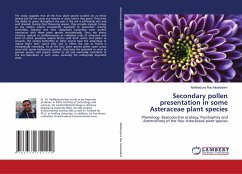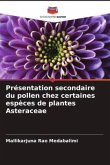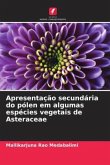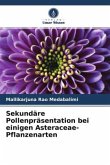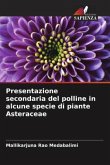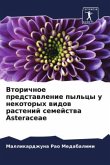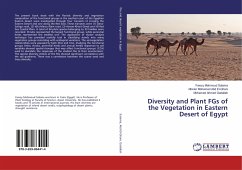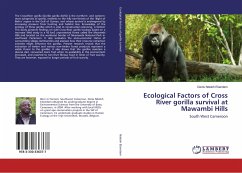The study suggests that all the four plant species studied act as minor weeds and do not cause any menace in areas where they grow. They have the ability to grow throughout the year if the soil is sufficiently wet and well drained. During their flowering season, they provide enough forage to the visiting insects consistently, especially to butterflies. Among butterflies, lycaenid and then nymphalid butterflies have perfect association with these plant species mutualistically. Since the plants produce capitula or synflorescences as individual units of attraction and each of which produces several florets with both nectar and pollen as rewards, the visiting butterflies or other insects have the advantage to reduce flight time, search time and in effect the visit to florets is energetically rewarding. As all the four plant species prefer open sunny areas with sparse herbaceous growth, they have the potential to serve as pioneer species, add organic matter to soil and eventually contribute to the eco-restoration of such areas, especially the ecologically degraded areas.
Bitte wählen Sie Ihr Anliegen aus.
Rechnungen
Retourenschein anfordern
Bestellstatus
Storno

